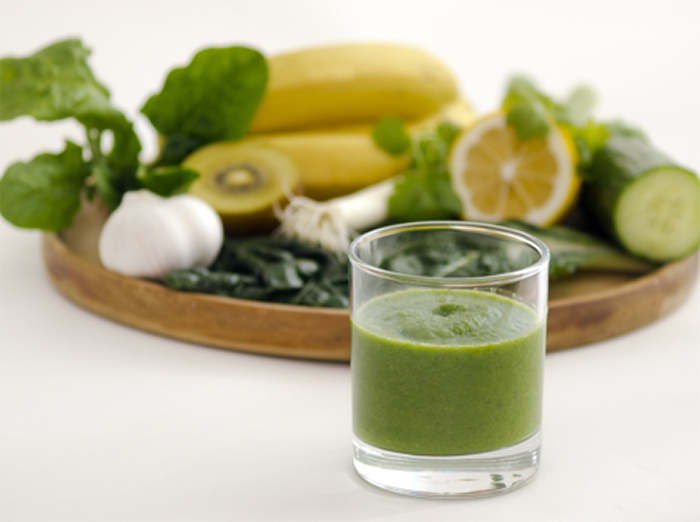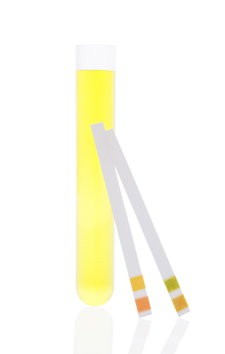
Can food make you dangerously acidic and prone to illness?
Many of my clients are concerned that their diets may be making their blood and body tissue more acidic and that this could put them at risk of disease. So might your food be making you dangerously acidic?
Well we measure acidity and alkalinity using a scale called the pH scale. This ranges from 1 – very acidic (equivalent to the battery acid in your car) to 14 very alkaline (even more alkaline than bleach.) Anything with a pH lower than 7 is referred to as acidic and anything with a pH above 7 is referred to as alkaline. The pH of our blood and all the tissues the blood flows through is 7.4 ie slightly alkaline. If blood pH drops below 7 or rises above 7.7 you will almost certainly die but don’t panic as we only see this in people on the intensive care unit in the terminal stages of an illness or after catastrophic injury to the major organs. But can diet cause smaller changes to pH and is this dangerous?

The products of metabolism can impact the pH of our urine but is this s sign of ill-health?
Well first up everything we eat regardless of its initial pH ends up at the same pH in the gut. This is because the stomach environment has to be acid for protein digestion to occur there and the next part of the gut – the small intestine – has to be alkaline for fat and carbohydrate digestion to occur. The breakdown products of digestion then get absorbed into the blood and our bodies either use them to make energy or to form or repair vital substances eg body tissues, hormones and enzymes – this is known as metabolism. The products of metabolism may be acidic and this will impact the pH of our urine but our lungs, muscles and kidneys keep the blood at a safe pH. In general the products of metabolism that we find after we eat meat, poultry, fish, eggs, dairy products, caffeine, sugar, and salt are the most acid whilst the products of metabolism that we find after eating fruits and vegetables are the most alkaline. Metabolising grains creates a slightly acid product, fats are fairly neutral and legumes (ie peas and beans) vary by type. This is the basis of the popular “alkaline diet.” There are many versions of this diet some suggesting the avoidance of meat, poultry, fish, eggs, diary products, caffeine, sugar and salt and others allowing small amounts of meat, poultry or fish.
It is true that if we eat a lot of acid forming food our bodies will need to work a little to bring us back into balance. Some have suggested that if we eat too much acid forming food and don’t have enough alkalinising minerals in the diet we will draw these minerals from the bone and so risk weakening the bones. However dietary protein, which comes mainly from meat,fish, eggs and dairy products is acid forming but also increases the absorption of calcium from the diet and studies have shown that this off-sets the losses. Furthermore our kidneys and lungs really are very good at keeping us in balance. The kidneys produce bicarbonate ions that neutralize acids in the blood forming carbon dioxide which we then breathe out and water which passes out with our urine. There is really no evidence that these processes put excessive burden on our bodies or that they cause disease.
In my view there is more risk to health from the extreme versions of the alkaline diet as they involve avoiding several food groups which would put you at significant risk of nutrient deficiency. If you avoid all dairy remember that you will need to work really hard to get enough calcium and will probably need a supplement and without good portions of wholegrain cereals you may struggle to reach the recommended 30g fibre/day which is really important for the health of your bowels, keeping your blood pressure healthy and protecting you from heart disease and stroke.
So the main message is please do eat lots and lots of fruits and vegetables, reduce your sugar, caffeine and salt intake but don’t feel you need to avoid meat, poultry, eggs, fish and dairy products to stay healthy and make sure you are getting enough fibre. If you want to follow a vegan or semi-vegan diet ie one with little or no animal products please do seek advice from a Dietitian to make sure you are getting all the nutrients you need but you don’t need to do this to be healthy.

